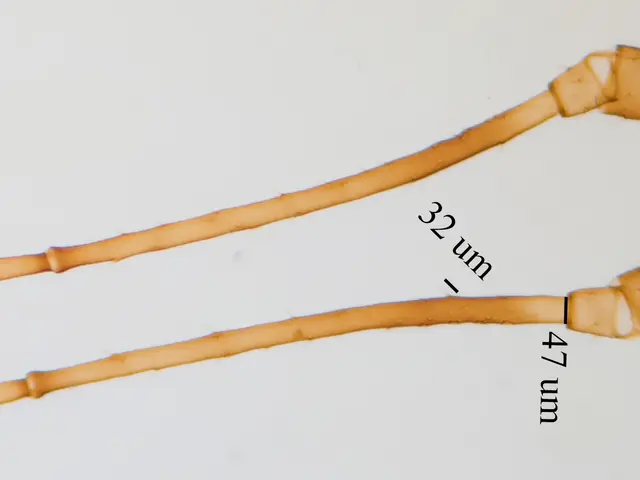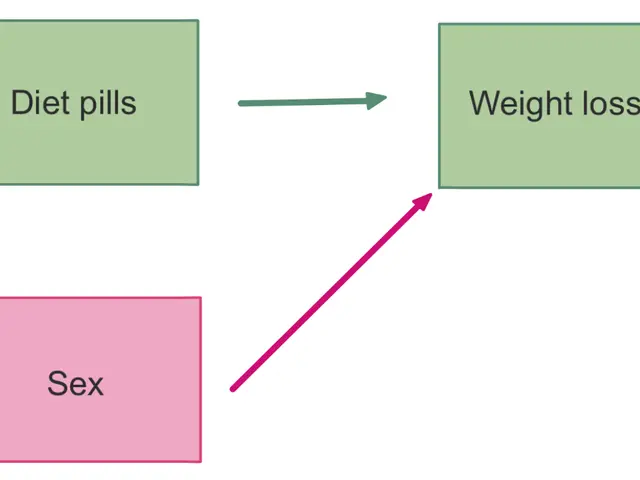Exploring the Digestive Delights: The Link Between Coffee and Bowel Movements
In a world where millions rely on their morning cup of coffee for a much-needed boost, a lesser-known benefit of this popular beverage is its role as a natural laxative. The stimulating properties of coffee have been linked to its ability to facilitate bowel movements, thanks to its interaction with the gastrocolic reflex and the muscles of the colon.
The primary active ingredient in coffee that contributes to this effect is **caffeine**, a well-known stimulant. Caffeine triggers the enteric nervous system in the gut, leading to the release of neurotransmitters that increase the contraction of intestinal muscles and promote the secretion of water and electrolytes into the bowel. This, in turn, speeds up the movement of stool through the colon, making evacuation easier and more efficient [1].
However, coffee's laxative effect is not solely due to caffeine. The beverage also contains various acids and compounds that may contribute to its laxative properties by promoting digestive secretions and motility. These may include chlorogenic acids and other phytochemicals, which can enhance gastrointestinal activity and contribute to softer stools and faster transit time, although their precise roles are less definitively characterized compared to caffeine.
It's important to note that while coffee can help maintain regular bowel movements for many, some individuals may be more sensitive to its effects and experience gastrointestinal reactions. Additionally, health conditions such as IBS may heighten a person's restroom response to coffee.
Moreover, adding milk or cream to coffee may trigger extra activity in the gut due to lactose, a sugar found in milk, which approximately 65% of people have difficulty digesting. This can lead to GI issues within 30 minutes of consumption for these individuals.
On the other hand, decaffeinated coffee can also help move things along due to the acids present in it. The laxative effect of coffee can be beneficial in managing bowel movements for those who struggle with regularity, providing relief and reducing abdominal discomfort.
In conclusion, coffee acts as a natural laxative primarily because it stimulates the muscles of the colon, increasing intestinal motility, which helps promote bowel movements. This effect is linked to both its caffeine content and other compounds such as certain acids. The feeling of needing to poop after drinking coffee can occur in as little as four minutes for some, making it a commonly experienced natural stimulant laxative.
[1] Cleveland Clinic, Gastroenterology & Hepatology Institute, "Coffee and Tea: Good or Bad for Your Gut?" Accessed March 25, 2023. https://my.clevelandclinic.org/health/articles/14738-coffee-and-tea-good-or-bad-for-your-gut
- The stimulating effect of coffee, which accelerates bowel movements, is not only due to its caffeine content, but also the presence of various acids and compounds like chlorogenic acids, which can enhance gastrointestinal activity and contribute to softer stools and faster transit time.
- The laxative effect of coffee can be advantageous for individuals who struggle with regular bowel movements, offering relief and reducing abdominal discomfort, regardless of whether the coffee is decaffeinated or not.
- Beyond its role as a natural laxative, understanding the relationship between coffee, health, and wellness extends to other aspects of our well-being, such as nutrition, fitness, and exercise, as our dietary choices and physical activity play crucial roles in maintaining overall health.







